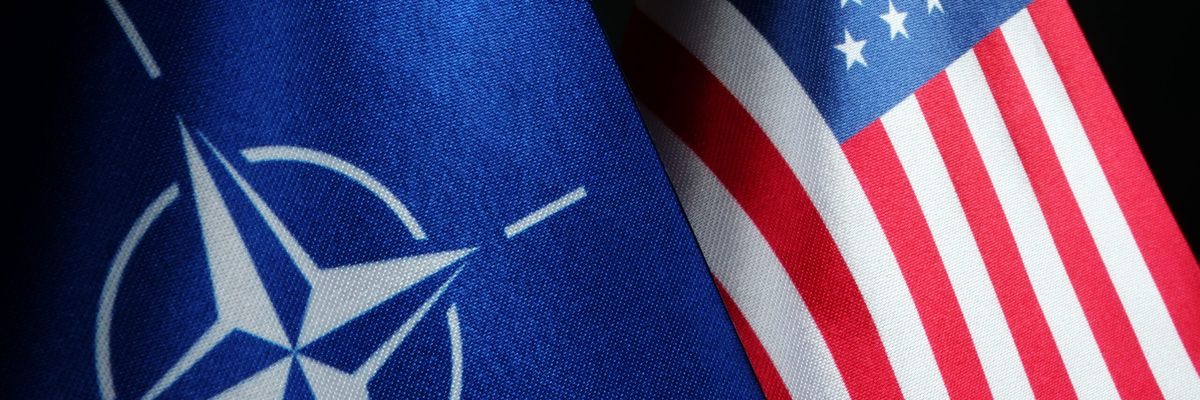Eurasia Group president Ian Bremmer says my criticism of the U.S. role in NATO "misses the mark," arguing that a U.S.-led NATO remains "critically important" to the United States. Readers should read both pieces — here's mine — to decide for themselves. I just hope Bremmer will expand on his closing remark that "right now" is not the time for the United States to begin to reduce its military role in Europe.
If not now, when? Under what plausible future circumstances does he think U.S. forces should ever pull back? Or should the United States make itself the dominant military power in Europe in perpetuity?
In the 1990s, when there was next to no risk of major war with a reeling Russia, America insisted on remaining the chief, forward-deployed power in Europe. Decades later, U.S.-backed NATO expansion has pushed so far as to help provoke conflict with Russia in Ukraine and Georgia. What are we waiting for — relations to get so poor as to bring America and Russia to the brink of major war? By that point, it could be too late to pull back responsibly. Better to act now: make a gradual, coordinated transition to European leadership of European defense.
Those who believe in the benefits of NATO can retain those benefits — with Europe defending Europe, instead of the often capricious United States trying to do so from afar, amid mounting pressure to address higher priorities elsewhere and deliver for the American people at home. Germany, France, and Britain — these are stable, prosperous liberal democracies, no less than the United States is. They and other European states are capable of defending Europe, as Stephen Walt has recently written in Foreign Policy.
So if not now, when? And if not from Europe, then from where else could the United States ever responsibly pull back its military forces and commitments?
















